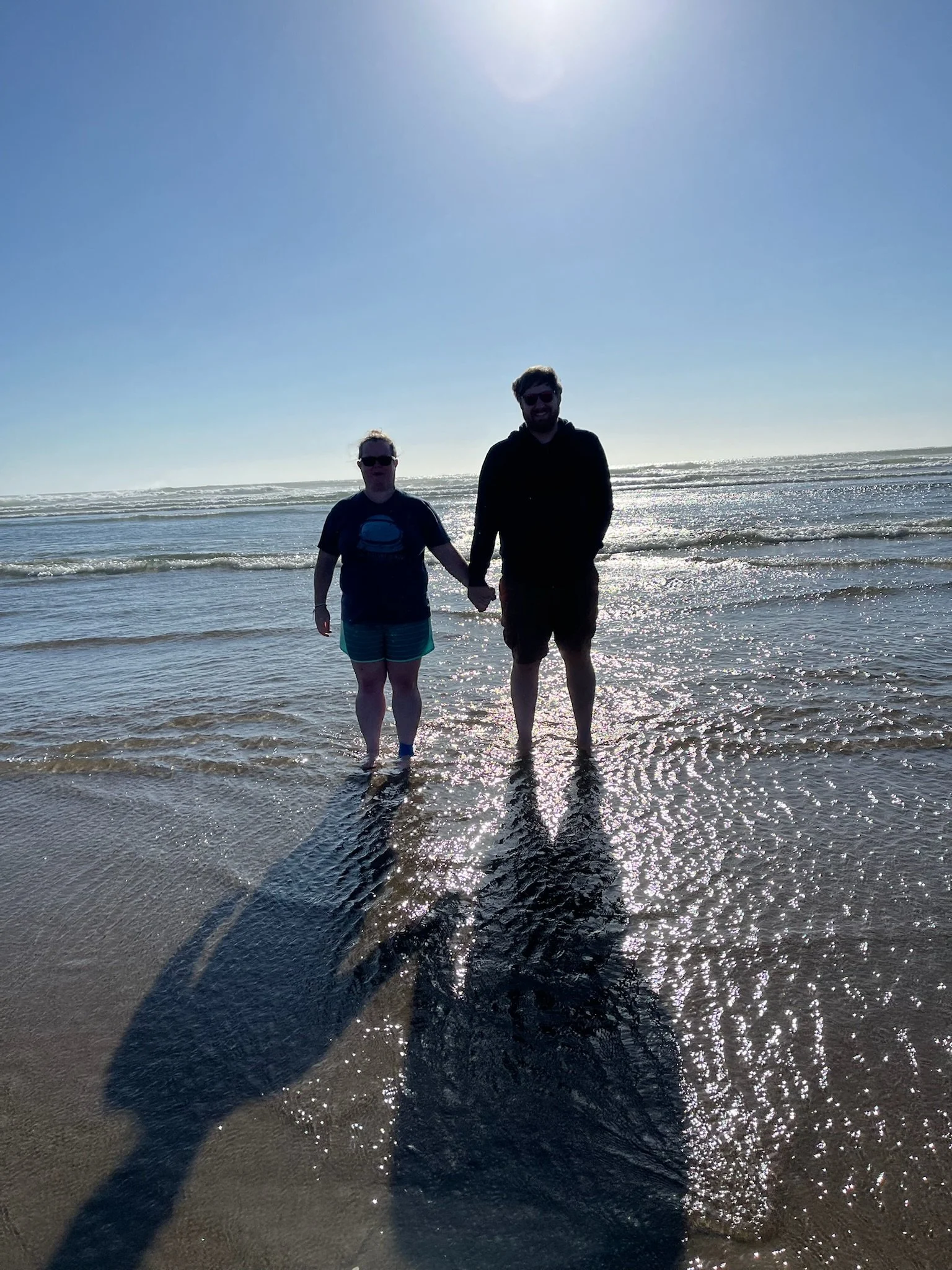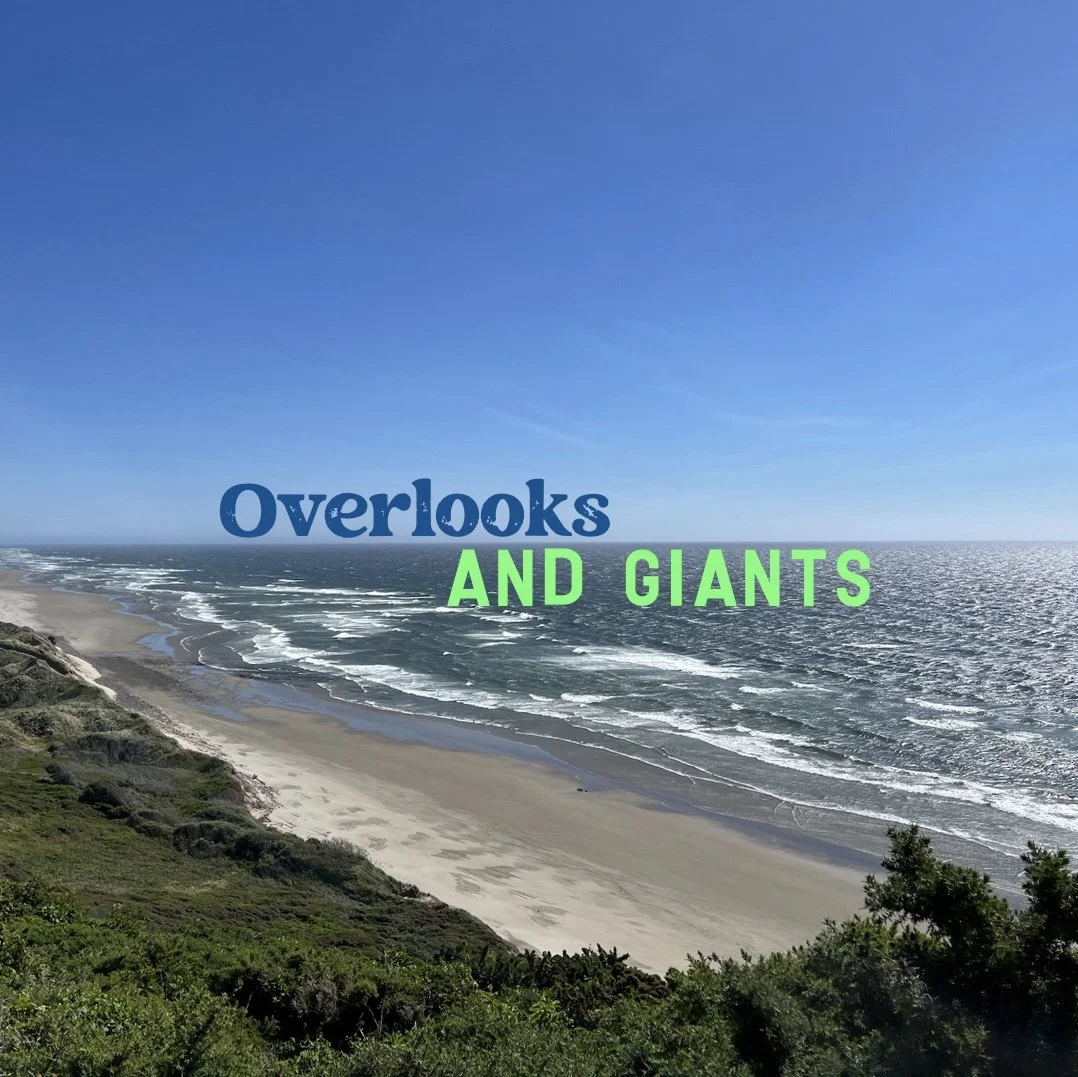When people ask me how I’m doing, I don’t really know what to say. Or at least, I don’t know what to say if I’m being honest. I am not good or fine, but I am certainly not doing poorly either. I wonder if this is a limit of the English language. Other languages like German seem to have these words for the really specific situations that we find ourselves in. For example, waldeinsamkiet is a word for the peace and spiritual stillness that one feels by walking through the woods. I love that. English doesn’t seem to have those kind of words.
I want a succinct way to say, “I am surviving and doing as well as I can in what has been a very challenging season.” It’d be great if there was a word for that. Because when you cue up that mouthful I just wrote out, people aren’t going to ask you how you’re doing again. But that place (whatever you call it) is where I am, where I’ve been, and maybe where I’ll be for awhile.
With that in mind, my ears pricked up during the first reading in church this morning. The Israelites have made it out of Egypt, which is great. Yet they are also now in the wilderness and it is definitely a challenging season. They don’t know how long they’re going to be out there. As most of us are wont to do, the people start complaining. “It would have been better if we had just died in Egypt.” Over dramatic? Yes, but I think we’ve all found ourselves there at some point.









